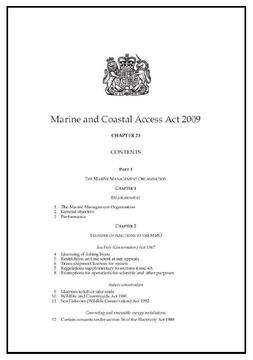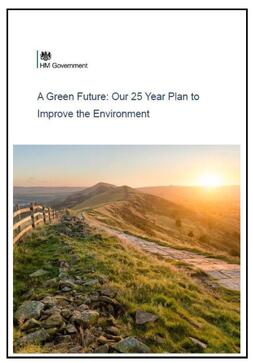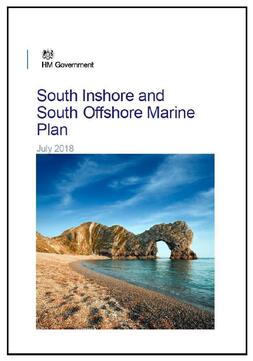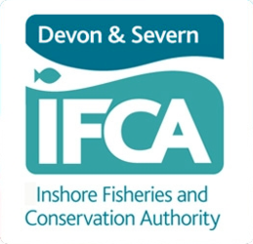Marine Environmental Matters
- Home
- Environment & Research
- Marine Environmental Matters
Page review/updated 04/12/2024
(Content of overview page last updated: 21st November 2022)
Fishing is not the only activity taking place in our waters; the UK has a thriving and growing marine industry. This includes aggregate dredging, coastal power stations, renewable energy generation, oil and gas exploitation and coastal development for housing and marinas. Such activities may affect the structure and functioning of inshore fish communities, through habitat change and loss, direct mortality of fish and increasing underwater noise. Terrestrial activities can also affect inshore fish and shellfish communities, for example; climate change and poor farming practices and sewage outputs affecting coastal and estuarine water quality. The cumulative effects of such activities, if not managed effectively, have the potential to reduce the resilience of fish populations.
The UK’s Vision for the marine environment is for ‘clean, healthy, safe, productive and biologically diverse oceans and seas’ (HM Government Marine Policy Statement 2011).
The High-Level Objectives of the UK Marine Policy Statement are to ensure that the UK is:
- Achieving a sustainable marine economy
- Ensuring a strong, healthy and just society
- Living within environmental limits
- Promoting good governance
- Using sound science responsibly
In 2019 the Government published its 25 Year Environment Plan, which emphasised the need to achieve good environmental status of our seas whilst allowing marine industries to thrive.


Under Section 153(2c) of the Marine and Coastal Access Act (2009) IFCAs must take any other steps which in the authority’s opinion are necessary or expedient for the purpose of making a contribution to the achievement of sustainable development when performing its duty to manage the exploitation of sea fisheries. Furthermore, the IFCA Vision includes championing inshore fisheries, which rely on healthy, sustainable inshore populations of fish. D&S IFCA has identified the need for an Ecosystem Approach to the management of all activities in the marine environment (D&S IFCA’s Annual Plans 2018-2019 and 2019-2020)
D&S IFCA’s primary role in such matters is to ensure that fisheries, fish and fish habitat are considered thoroughly and meaningfully by marine managers and developers. This includes responding to consultations for marine licenses and other kinds of environmental permits and preparing position statements on the potential impacts of some developments.

D&S IFCA engages with consultations about existing or draft Marine Plans, which are being developed by the MMO.
D&S IFCA’s District is covered by two such plans; the South Marine Plan covers much of the South Devon coast, as far west as Dartmouth.
The South West Marine Plan covers the rest of the South Devon coast and the entire Northern part of the D&S IFCA’s District.
Often, D&S IFCA’s role is to raise issues for consideration and signpost to the relevant evidence. Where evidence gaps exist, D&S IFCA works in partnership with other agencies and academia to fill those gaps. Examples include the forthcoming development of Fisheries Research and Management Plans, the Bristol Channel Herring project, the Immature Bass Acoustic Stock Surveillance (I-BASS) project and continued development of projects looking at Essential Fish Habitat.
D&S IFCA also inputs into the development of national marine environmental policy whenever possible and practical.
Such work has included being partners in the Marine Pioneer Programme and contributing to a Defra arms-length body working group on the Ecosystem Approach.
